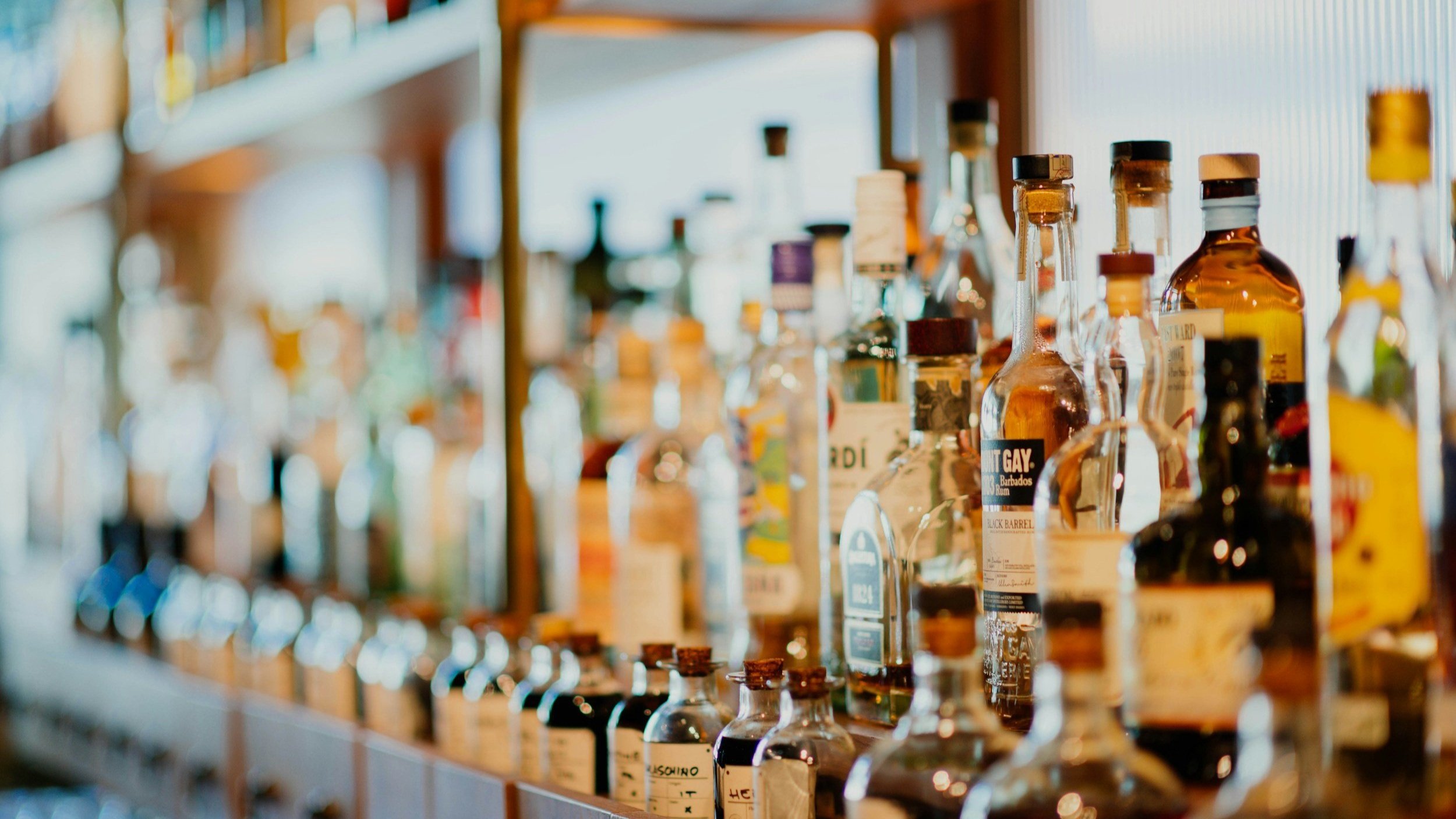Want to reduce your risk of cancer? Drink less alcohol
By Nancy Kennedy
The evidence is clear: recent research findings about alcohol and cancer clearly show that alcohol consumption is a cancer risk factor. Alcohol is the third leading preventable cause of a variety of cancers and even light drinking increases risk substantially. Seven types of cancer are especially affected by alcohol consumption: breast (women), liver, colorectal, oral, throat, larynx and esophageal. All types of alcohol - beer, wine and liquor - increase the risk of developing cancer.
On January 3, 2025, The U.S. Surgeon General presented the nation with a new Advisory entitled Alcohol and Cancer Risk, which highlights alcohol consumption as a leading preventable cause of cancer. An Advisory calls attention to an urgent public health issue and proposed actions to increase public awareness and education.
Despite efforts to warn the public, most Americans - 55% - do not recognize the risk and instead believe that alcohol is not a carcinogen. By comparison, 89% of American adults are aware that tobacco is a cancer risk. The World Health Organization classifies alcohol as a Class A carcinogen, which is the highest level. All alcoholic beverages contain ethanol, pure alcohol, which is known to produce tumors in the human body. Ethanol damages DNA, increases estrogen levels which contribute to breast cancer, increases inflammation and makes it easier for the body to absorb toxins.
The amount of alcohol consumed affects the risk of cancer. As consumption increases, risk rises. Binge drinking, consuming large amounts in a short period of time, raises risk significantly. The recommended limits from the U.S. Dietary Guidelines for Americans for safe consumption are two drinks per day for adult males and one drink per day for adult women. An analysis of one’s personal alcohol use and risk can be found at www.cdc.gov/alcoholuse.
Every year, 20,000 U.S. adults die from alcohol-related cancer. These deaths and illnesses could have been avoided if the above limits were followed.
In 2019, nearly one million preventable cancer cases in America were related to alcohol use. Reducing your consumption of alcohol, or quitting all together, reduces your risk of many cancers. The individual risk of cancer is a complex issue, with both biological and environmental factors, but alcohol use, like tobacco use and obesity, are factors that can be modified or eliminated.
The Surgeon has listed many actions and recommendations to increase public awareness of alcohol consumption’s role in causing cancer. One of those actions is improved, more detailed labeling of alcohol products with clear warnings. Expanded public education, including billboards and public service announcements, are planned.
The full report from the Surgeon General is available at www.hhs.gov.
This story was originally published in the Western Pennsylvania Guide to Good Health, Winter Issue, January 2025.

